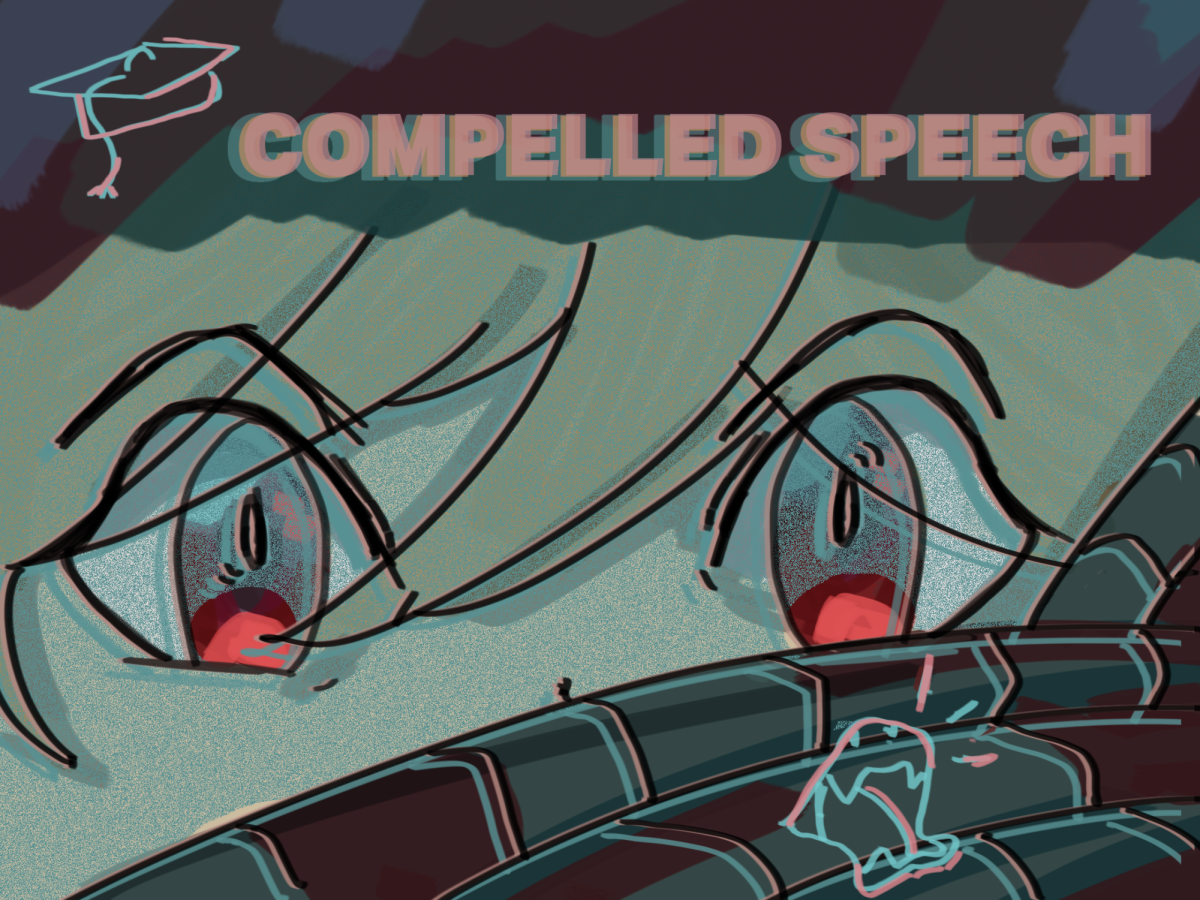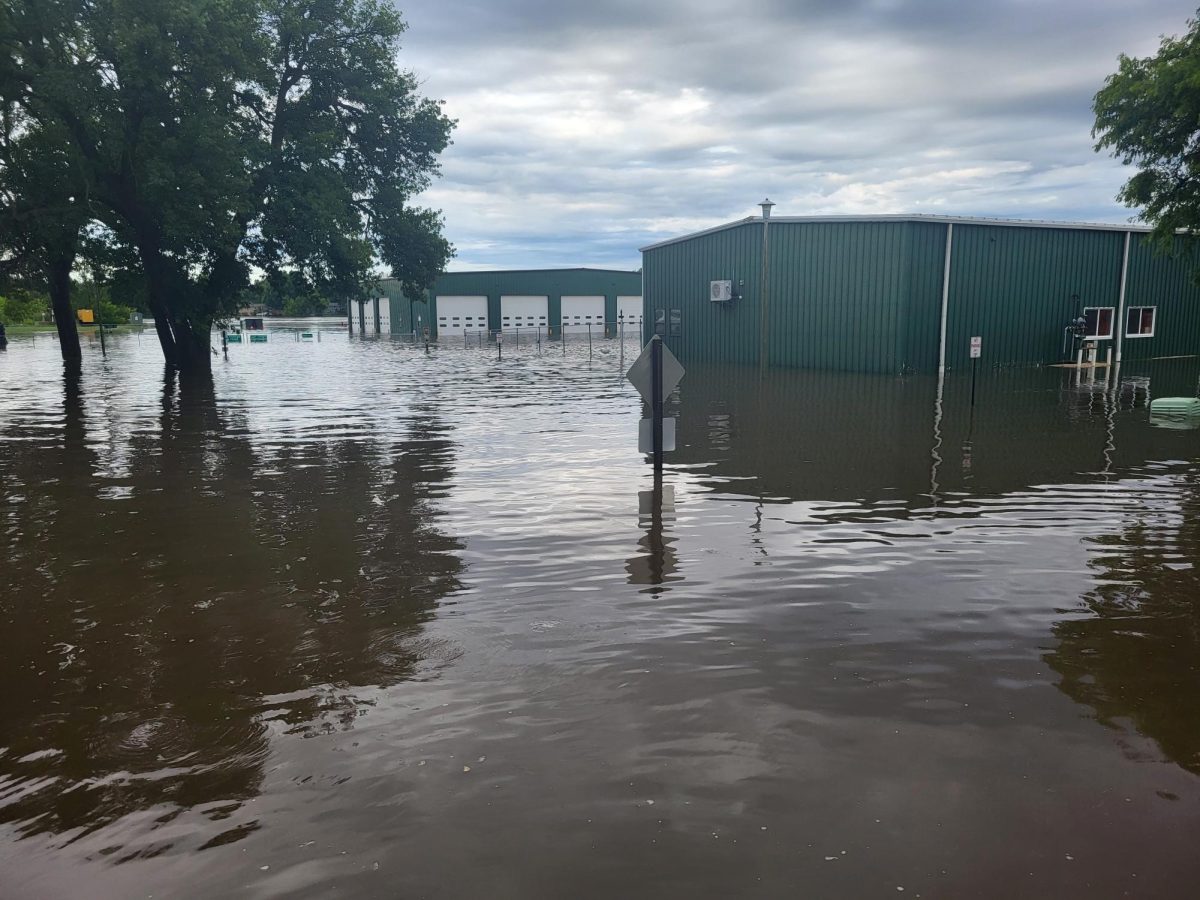[Maureen Murphy] This is You, Me and Ed with your host, Maureen Murphy. I represent the “me,” of course, and you know who you are. Who is “Ed,” you ask? Because both you and I are students, our friend Ed is our education.
My college journey started in 2005. Multiple states, what feels like countless colleges, and continual health roadblocks. Fast forward to 2023 and I am one semester away from earning my four year degree. There is no doubt I am a non-traditional student. And not just because of my age, which is 40, by the way. I am also a veteran and am considered a disabled student.
Why should I care about the non-trad you ask? We are all around you, walking the same halls, sitting in the same classes, listening to the same lectures. Yet we might be hearing a different message due to our life experiences.
In this segment, we’re going to hear from Dr. Karin Strohmyer, a BVU instructor, proficient in teaching each student in their own specific learning capacity and two non-traditional graduates share some of their story.
[Strohmyer] My name is Karin Strohmyer. I am a professor of special education. I also am the colorguard coach for marching band and I am currently the Faculty Senate chair.
[Murphy] Karin and I sit in front of the campus coffee shop to discuss her professional career as well as her own trajectory as a non-traditional student. After high school, she did receive her bachelor’s degree, yet then decided to join the military. While in, she was approached by Troops to Teachers to continue her education, and now has her PhD in special education.
As a teacher now- and how long have you been in a teaching capacity?
[Strohmyer] Yes. So I taught for 11 years prior to coming to BVU, and then I’m in my 13th year at BVU.
[Murphy] Okay, so let’s say according to BVU students, can we sort of discuss the behaviors and perceptions that are between the traditional versus the non-traditional student? Have you noticed that with any of your students?
[Strohmyer] You know, I think the place where I see it the most, not necessarily on campus. When on campus when I look at students who are traditional, versus non-traditional or diverse, most students in my area of expertise or who are pursuing a path in special education, often are so engaged with each other that they don’t really single out the differences in each other.
[Murphy] Our conversation continues, as we discuss the correlation between her teaching focuses. These include providing appropriate supports, attempting to do better with inclusion for people of diverse populations, and how transitions and self determination can benefit anyone to better prepare for college. Non-traditional students are no exception.
Anyone can be a non-traditional student, it doesn’t just mean I’m 40 years old, I’m a non-traditional student because I’m a commuter. It can also be anyone who learns differently, and just being aware and empathetic to- we have to be able to assess what a student needs, and then be there for that student.
[Strohmyer] When we’re talking about non-traditional by age, they might make the assumption that because somebody is older, they have all the answers already. And so they’ll look to that person to lead the group and that person is coming into this field just as new to the information as they are. I think it’s an interesting topic, and I appreciate you taking on a topic like this and looking at it from a broader perspective, because I think a lot of times people narrow their perspectives pretty significantly. And so we don’t really get a good picture of all the people who are impacted in an area and so taking that broader perspective is- is kind of a fresh idea.
[Murphy] Picture this, we’re all sitting at a dinner table and there is this fantastic pie. My favorite is strawberry rhubarb. So this pie represents the education system. It turns out that the non-traditional students sitting at this table get almost half of the pie, 42%!
Two individuals who are sitting at this table with me are people I am very proud of, my sister Alicia and my mom, Carol. My sister is the reason I have my favorite job. I adore being an aunt. My nieces, Fiona and Ophelia are two of my favorite people on earth.
In our discussion, Alicia speaks about how returning to school was dependent upon no longer needing to be a stay at home mom.
Why did you feel like you wanted this second degree?
[Alicia] Just kind of looking to broaden my, my chances of getting a good job. Once I’ve re-entered the workforce after the girls were both in school. Given the restrictions that I had, it was kind of the next best thing. And I’m very grateful that there was the opportunity to do schooling that way.
[Murphy] You talked about how you wanted to be marketable once the girls were of age
[Alicia] Yeah, once they were in, you know, my goal is that when Ophelia was in kindergarten, or first grade, you know, being able to get a job and that’s, you know, pretty much what I did.
[Murphy] Near the end of our conversation, I asked my sister to give me some advice on my own educational journey.
[Alicia] As an adult, you’re usually juggling a lot of other things, too. So giving yourself that time to finish the degree and not feeling like you have to compare yourself with other people. And I think it- I think you have to put that in perspective too.
[Murphy] My last interview is with my mom. She has actually been staying with me for the last two weeks to help me through some pretty trying health issues. It is true, no matter how old you are, you will always need your mom. As we sit at my dining room table, I asked my mom what I thought was a relatively normal question. Turns out, she had been hiding something from her kids.
[Carol] Well, that’s an interesting question. They had let me go. They were downsizing. And I believe this was 1999…
[Murphy] 1999! I was a sophomore in high school. How did I not know this?
[Carol] And then the CEO of that branch, had come in and talked to me in my office job, which I was the sales person. And he said, I think we might have done that a little bit too soon. Would you not leave right now?
This was like a week later, when he told me I was losing my job. And I said, you know what, I’ll go ahead and keep working, you know, I could use the money. And when they finally were done with my sales position at that plant, they gave me almost 12 weeks of severance pay. And that’s when I decided, you know what, I’m using that to start college.
[Murphy] You might imagine what my face looked like when I was told this story. I pretty much froze and forgot any semblance of professional interviewer skills. But I understood: she was protecting her kids, something she has always done. And this time, she was finally doing something for herself.
[Carol] I would say first and foremost, I went to college because I always wanted to go to college, and it would be something intrinsic that was so good for me.
[Murphy] If there’s one thing I have learned during my journey as a non-traditional student, and even during this podcast, you have to keep your ears open. You never know when the next person you meet is going to say something imperative to your story. After all, as Isaac Asimov once said, “Education is not something you can finish.”









